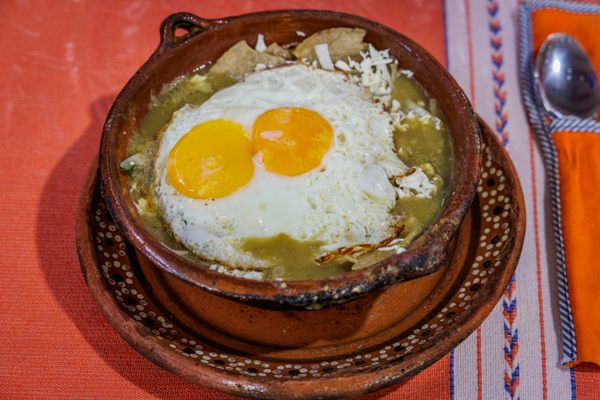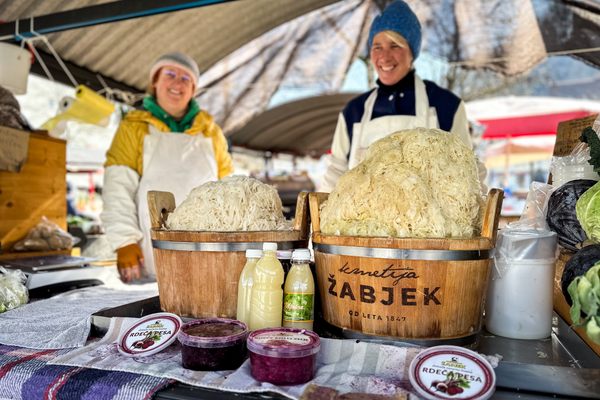About
Kashgar Bazaar too played out for you? Then you should go further down the road and check out the Sunday market in Hotan.
Situated on the southwestern edge of the Taklamakan Desert, Hotan — by virtue of its advantageous location — was destined to become a major center of trade. An oasis town near two major rivers and located at a natural regional crossroads, Hotan quickly became one of the principal market towns on the southern branch of the Silk Road, and stood at the junction where southern commercial traffic from Tibet and India joined that famous continental trade route.
Hotan’s market continues to bear witness to the city’s history as a hub of exchange. Though less famous and not as popular with tourists as the bazaar in (relatively, by Central Asian standards) nearby Kashgar, the weekly Sunday market in Hotan is larger, has a wider variety of goods on offer, and still exists primarily to serve the needs of the residents of the city that includes Uyghurs, Tajiks, Uzbeks, Kyrgyz, and Chinese.
Decentralized and chaotic, visitors to the Sunday market can find an astonishing array of items on offer: carpet, silk, clothing, doppi (Uzbeki hats), pigments, yarn, cotton, wool, lumber, knives, vegetables, furniture, medicines, spices, horse bridles, stoves, bikes, motorcycles, scrap metal, rebar, cows, horses, donkeys, sheep, goats, and, of course, delicious food.
Highly prized local goods available include Hotan-made carpets (which savvy buyers know are identifiable by their vase and pomegranate designs) and white or “mutton fat” jade, historically collected from the nearby, aptly-named White Jade River. Tourists are cautioned against buying a doppi and wearing it around the market like some Central Asian version of a Swede in a Stetson. Sunday is the big day (as the “Sunday market” moniker would suggest), but the market is active in a lesser capacity every day of the week.
Related Tags
Published
December 16, 2015















































